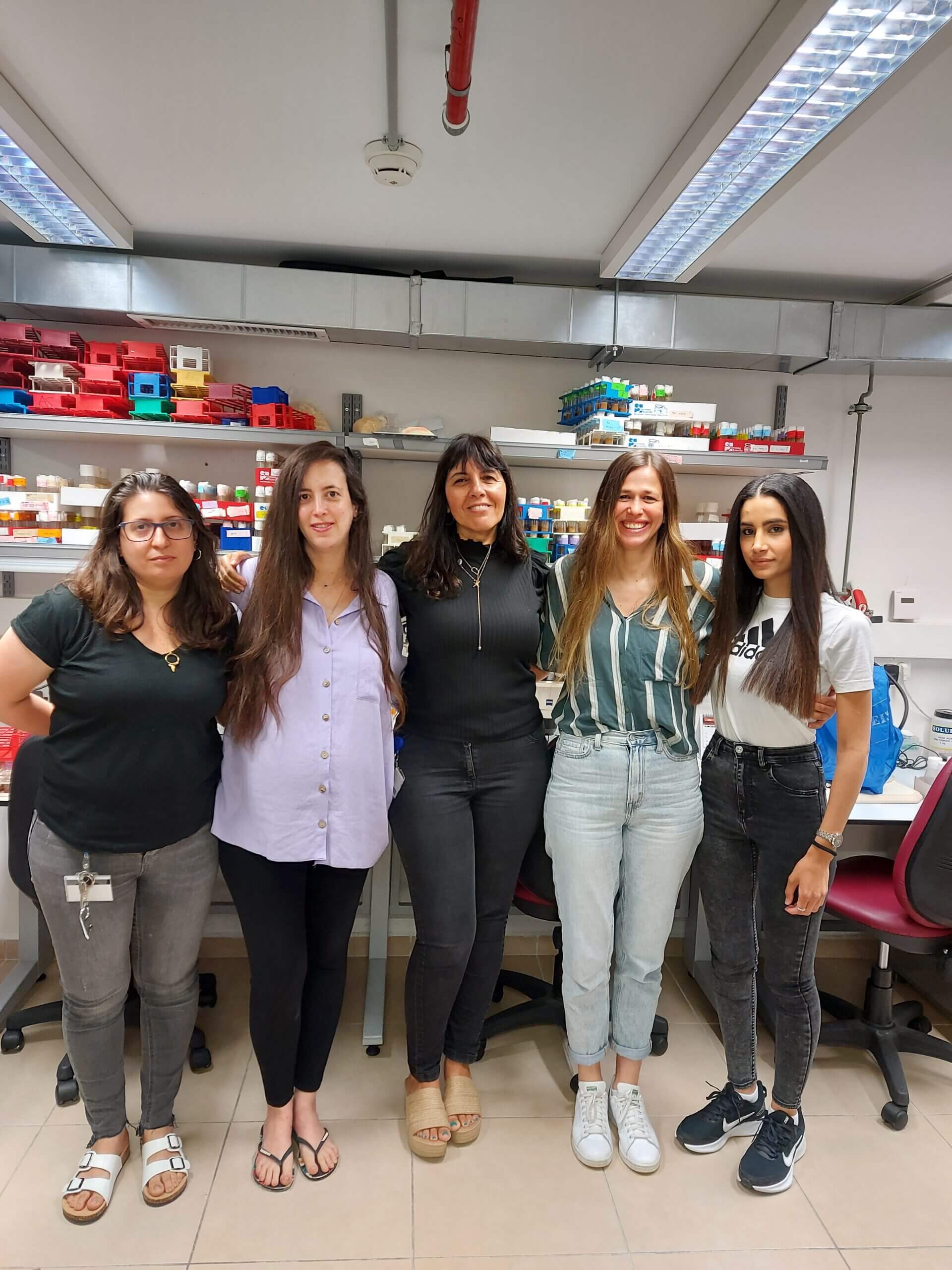A study of testicular tissues of fruit flies showed that the progenitor cells are engulfed by the cells that are supposed to support them, and that in adults this process is slower

Stem cells can differentiate into any cell in the body, for example into intestinal, muscle, skin, nerve and sex cells. This differentiation is essential for the development of the embryo (formation of organs) and the renewal and healing of tissues and organs (a field that is also used in regenerative medicine); They are divided into two cells - one cell continues to be a stem cell and remains in its niche (an area known as the "stem cell niche"), where it is kept in a dormant and protected state until it is needed (for example, during an injury), and the other cell differentiates into a parent cell (progenitor ), from which a functional cell (e.g. a sperm cell) is finally formed.
Prof. Hila Toledano from the Department of Human Biology at the University of Haifa and her team investigate the differentiation process of stem cells in the adult human, and focus on the cells of the male reproductive system, both those that remain in the niche and those that differentiate into sperm cells. Among other things, the researchers are trying to understand how and why this process goes wrong with increasing age - why the division of stem cells decreases and why they divide less well - something that damages their function and the function of the tissues that contain them, so that it is more difficult to heal them. Later, this process also leads to damage to male fertility (less differentiation into sperm cells), or the stem cells differentiate into lower quality sperm cells from which less healthy offspring are created.
Prof. Toldano and her team are examining testicular tissues of young and adult fruit flies - comparing them and testing if and how it is possible to influence - through genetic means - the differentiation of their progenitors into sperm cells. At an early stage of this differentiation process, about a third of the progenitors die. In their latest study, the researchers tried to understand why they die - whether due to a genetic or arbitrary reason - and how. That is, if they die because they are damaged (thus preventing their differentiation into defective sperm cells); or because they are produced in excess. To this end, they studied - with the help of a research grant from the National Science Foundation - the testicular tissues of the flies, including the stem cells and the niche in them. These flies are an effective research model that indicates a good degree of compatibility with what happens in larger organisms, such as humans.
The research revealed that neighboring cells that accompany the progenitors (supporting cells that are needed for their differentiation into sperm cells), also swallow them through the secretion of acidic substances. It was also found that in testicular tissues taken from adult flies - the progenitors were swallowed slower. Prof. Toldano says, "From here, two scenarios can develop in the adult flies: either the chance of more damaged progenitors that do not die increases, from which defective sperm cells and offspring may be formed, or more vital progenitors are preserved and the number of healthy sperm cells they produce increases, which contributes to extending the age of fertility. At this stage, we still do not know which scenario is actually taking place."
Prof. Toledano further points out that since it is not an individual decision of the cell to die (as happens in apoptosis - a situation in which the cell destroys itself in a controlled manner), but an interaction between cells (swallowing), it is easier to control this process. "For example", she points out, "if the progenitors are swallowed and die because they are genetically damaged - we would like to preserve their ingestion and get rid of them. But if they are normal and swallowed only due to an excess amount - we would like to prevent this so that more sperm cells are produced from them and the age of fertility is extended. We can do this, for example, by introducing molecules that disrupt the communication between them and the supporting cells that engulf them. In addition, we will be able to test their function in men with a fertility problem, to check if it is due to excessive ingestion of progenitors that differentiate into sperm cells."
The researchers have not yet discovered why the supporting cells engulf the progenitors in the first place - whether due to a genetic defect in them or because they were produced in excess - and this is the next step in their research.
Life itself:
Prof. Hila Toldano, 52 years old (in a relationship and mother of a 21-year-old), lives in Kibbutz Gesher HaZiv. "It's hard for me with the urban lifestyle," she says, "the kibbutz is pleasant, relaxing, quiet. In her few free hours she likes to read ("almost everything") and go for walks.
